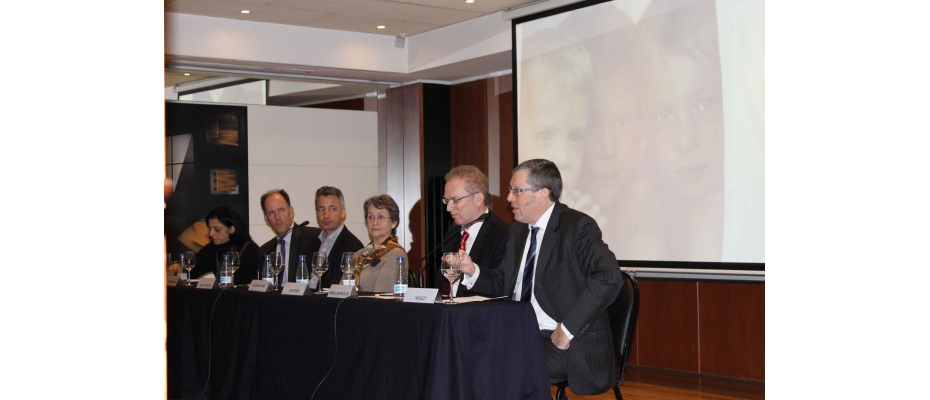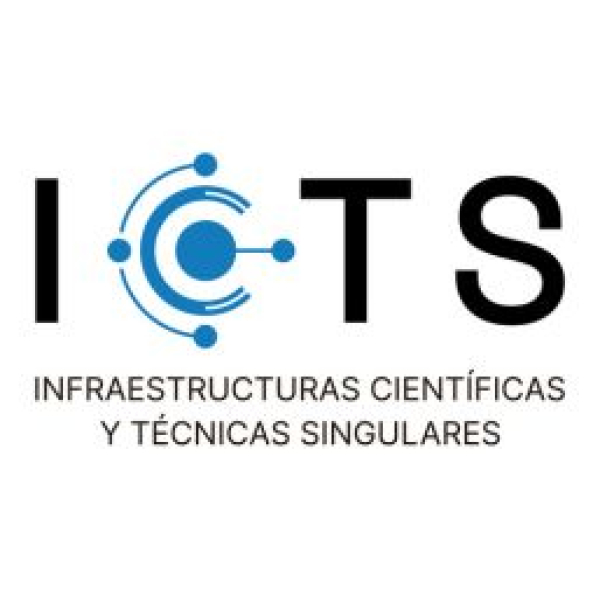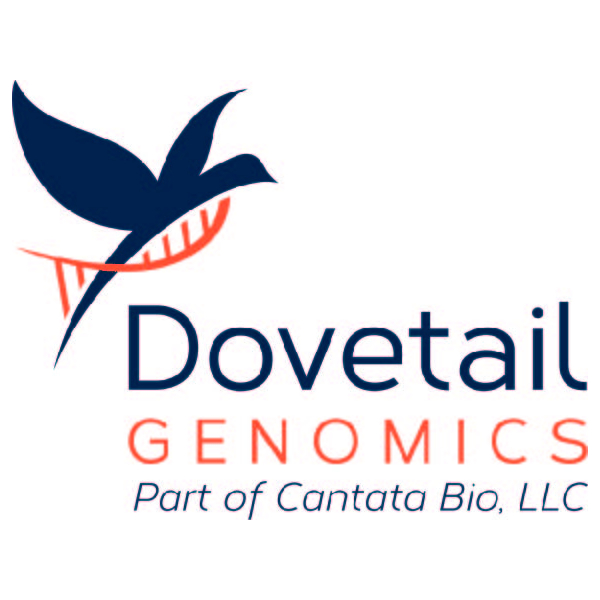
The CNAG will participate in a multi-million Euro initiative that is bringing together researchers from across the world to develop new diagnostic tools and new treatments for people with rare diseases and to connect research data in this area on a global scale. Rare diseases – while individually uncommon – affect one person in every 17 and 80% have a genetic component.
A press conference held in Barcelona, has served to announce 38 million Euro funding of the UE for research towards new treatments and for the development of a central global rare disease hub involving 70 institutions that will allow scientists to share data from their genomics research projects. This will lead to faster diagnosis and better treatments and improve the quality of life for patients with rare diseases.
The four International Rare Disease Research Consortium (IRDiRC) projects being launched in Barcelona today have received nearly 40 million EUR of funding for cutting-edge research and collaboration over the next six years. Funding focuses on international collaborations:
- Identifying the genetic and epigenetic causes of rare kidney disorders: EURenOmics led by Heidelberg University Medical Centre, Germany
- Addressing rare neurodegenerative and neuromuscular disorders using next generation whole-exome sequencing: Neuromics led by the University of Tübingen, Germany
- Developing a global infrastructure to share the research of rare disease projects: RD-Connect led by Newcastle University, UK
- Supporting international rare disease collaboration through IRDiRC: SUPPORT-IRDiRC led by INSERM, France
The CNAG will participate in RD-Connect by leading WP5 (Unified Platform) and will contribute to most of the other work packages. More specifically, the CNAG will implement and operate a set of standard pipelines to process all the molecular data generated by the B projects. In addition, it will actively participate in building a portal acting as a centralized entry point with controlled access integrating the processed data, the phenotypic information and the analysis tools. Other spanish partners in this projects are the CNIO, the Instituto de Salud Carlos III, CIBERER, IDIBAPS and the Banco Nacional de ADN.











